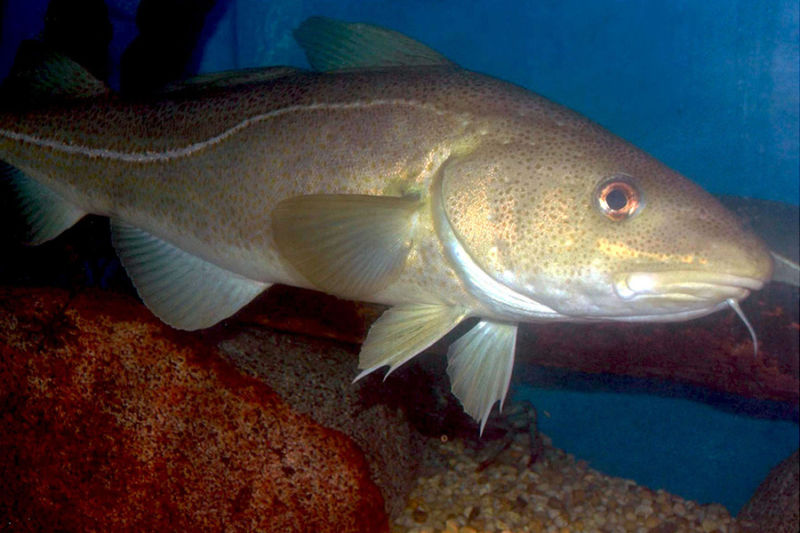Ecological “law” turns out to just be the result of us fishing

When studying populations of a flounder-like North Sea fish called plaice in the early 1900's, a man named Heincke noticed that older, larger fish are found deeper in the water than younger, smaller fish. The same phenomenon was subsequently found for other North Atlantic species like cod, haddock, pollock, and some species of flatfish; it was thus dubbed Heincke's Law and treated as an established fact. Biologists assumed it was ontogenic in nature, meaning that it must be connected to how the fish age and mature.
All the species in which older, bigger fish are found in deeper water have something else in common: we eat them. Could it be, some Canadian scientists wondered, that all the big fish are found in deeper water because we fished them out of shallower water? Apparently (and somewhat astonishingly) this possibility had never been evaluated. And the scientists found that not only could this be the case-it in fact was.
Explaining the lawStarting in the 1990s, a number of hypotheses were posited to explain Heincke's Law. One is that larger, older fish gravitate down to cooler waters where the diminished metabolic demands can increase their lifespans. Another suggested that all fish prefer to be in shallower water, but when the population gets too big, the seniors get shunted out of prime territory by the youngsters and have to live in deeper waters. A third holds that juveniles hide in shallower waters from the threatening adults down in the depths.
Read 6 remaining paragraphs | Comments